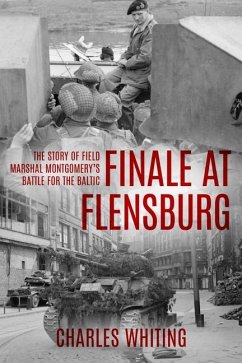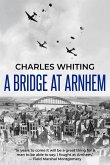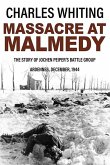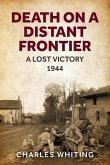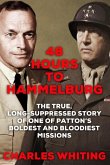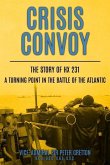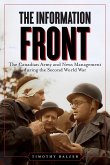The overlooked story of one of the last battles of the Second World War, which shaped the course of the Cold War. Perfect for readers of Max Hastings, James Holland and Stephen E. Ambrose. By the spring of 1945 the end of World War Two was in sight. Adolf Hitler committed suicide on 30th April leaving Admiral Dönitz in charge of what was left of the crumbling Nazi state while Allied troops were storming into Germany from East and West. Yet, Field-Marshal Montgomery and Winston Churchill knew that this was not the moment to take it easy and wait for the inevitable collapse of their enemy, instead they looked to the future and saw the growing threat of the increasingly powerful and aggressive USSR. In the last remaining days of conflict, Montgomery and the British Army fought their way towards the Baltic coast in order to halt the advancing Russians from moving westwards into North-West Europe. This campaign began brilliantly, but finally ended in failure. Why did Dwight D. Eisenhower, who had previously been such a firm friend of the British, give only limited support to Montgomery and Churchill's race to meet the Soviet advance? And how did this failure lay the groundworks for the Cold War that was to emerge in the aftermath of the Second World War? Charles Whiting's thoroughly researched Finale at Flensburg is an eye-opening account of the dying moments of World War Two. Through interviews with many of the prominent German, American and British actors, Whiting is able to reconstruct this oft-forgotten battle and its aftermath.

